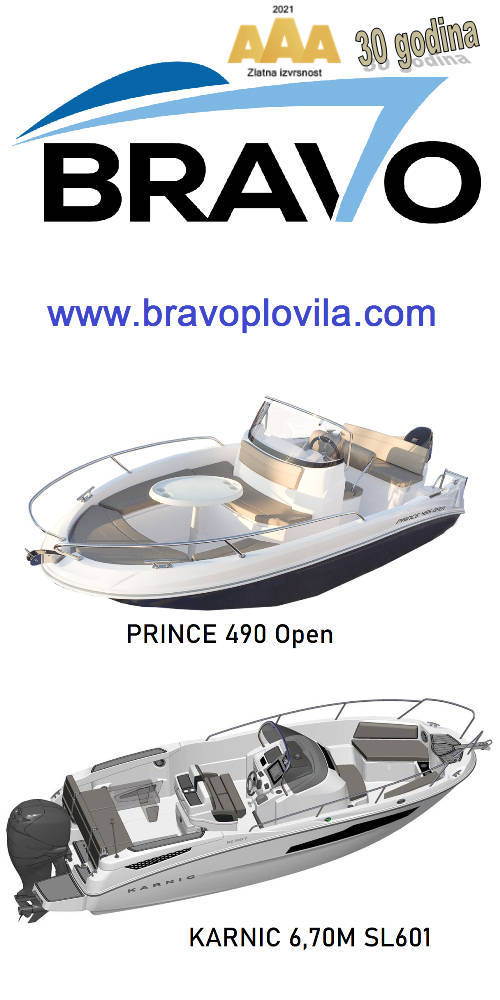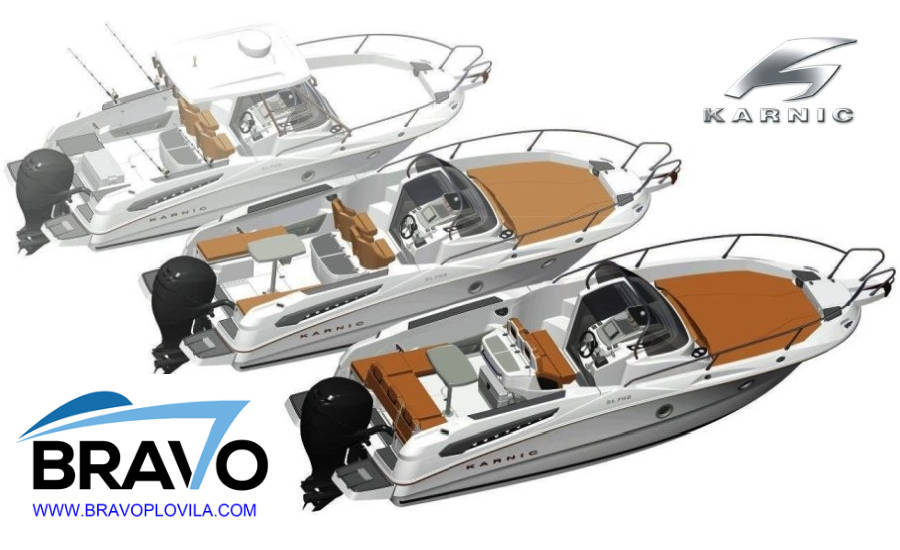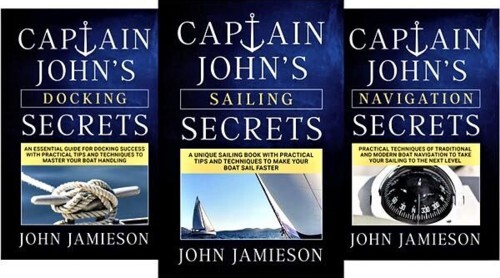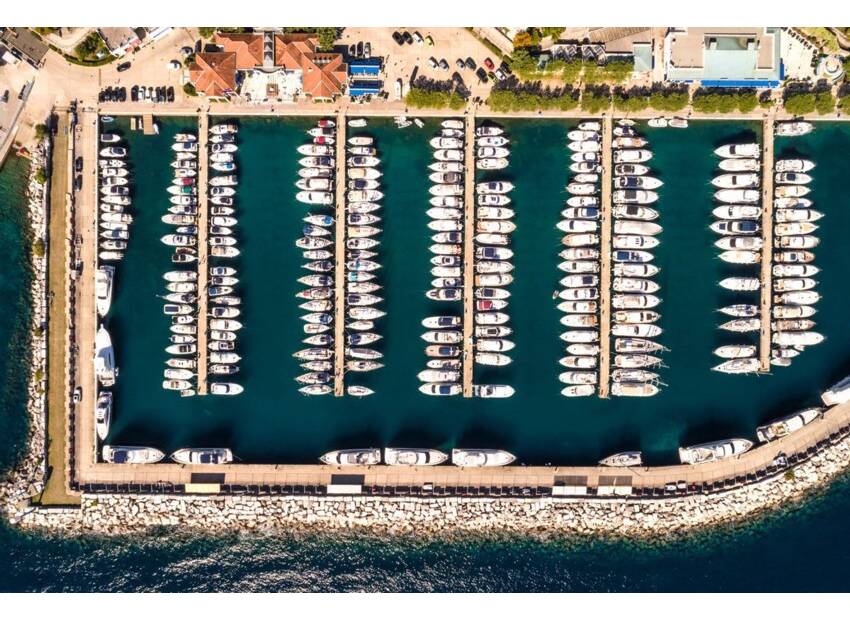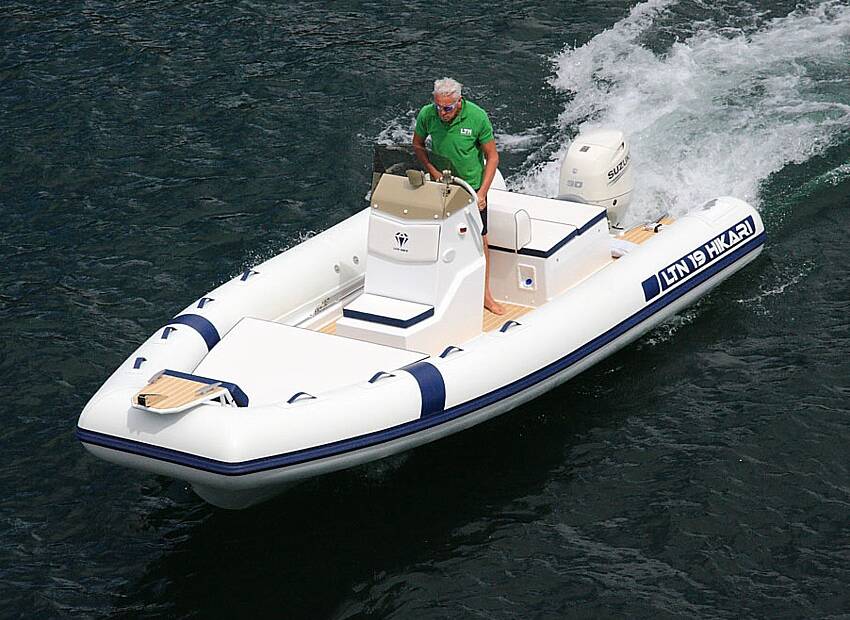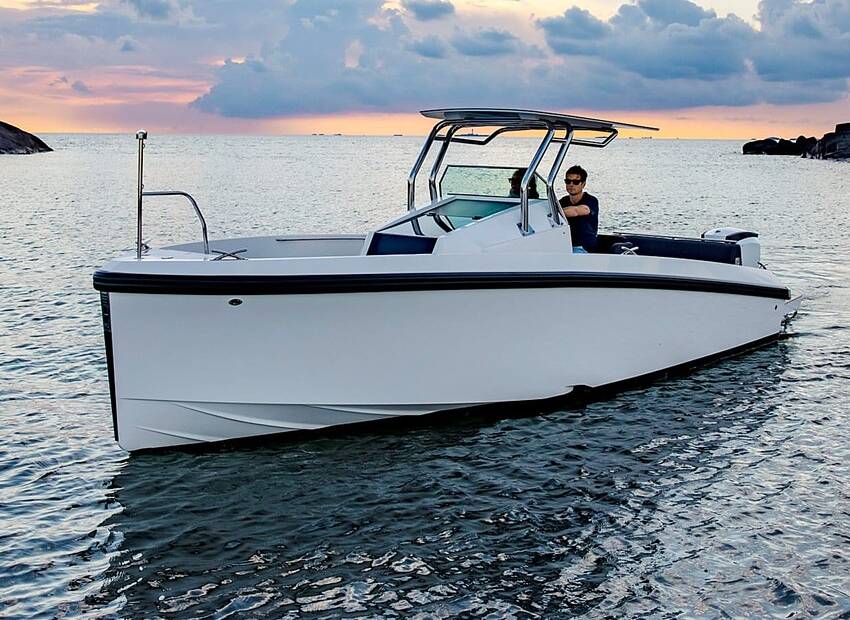As the boating season ends in the northern climates, some boaters may be looking to find a trailer to store the boat for the winter. If you’re looking to buy a used boat trailer now or planning on buying a boat that comes with a used trailer, Boat Owners Association of The United States (BoatUS) has four buying tips:
Bring a measuring tape: With older trailers, the capacity plate or sticker may be long gone or too hard to read after being outside in the weather for years. But if you’d like to know a rough idea of a spring-axle trailer’s capacity, simply measure the diameter of the axle. An outer diameter (OD) axle tube size of 1.75” is typically rated for about one ton; 2.375” for 3,500 lbs.; and 3” for 5,200-7,000 lbs. – remember to subtract the weight of the trailer from the gross capacity.
Buying out of state: Trailers aren’t built the same because states’ trailering regulations aren’t the same. While most states require brakes for trailers rated to carry than more than 3,000 lbs., some states require brakes on trailers as light as 1,500 lbs., while a few others let you coast up to 4,500 pounds – although that’s not recommended. It can be expensive to retrofit brakes, and some states such as Florida require brakes on each axle. State-specific trailer registration information can be found at drivinglaws.aaa.com.
Why tire diameter matters: After an hour at highway speeds, a 13-inch tire will have spun 10,000 revolutions more than a 15-inch tire, which means more heat, bearing wear and increased chance of problems. Having a fully serviced spare tire ready to go – and the tools to install it – will solve many of the most common reasons for a trailer breakdown. If all else fails, having an annual BoatUS membership with Unlimited Trailer Assist roadside assistance to safely tow both your boat trailer and tow vehicle up to a 100 miles will make a bad roadside breakdown suddenly get much better.
Watch out for paperwork snafus: Not having ownership documents can sink a sale faster than you can say, “Did you put the plug in?” If the trailer is missing the vehicle identification number (VIN), it cannot be legibly read or doesn’t match ownership paperwork, you may run into an issue with the DMV and have to apply for a replacement. It’s better to have the seller handle this before the sale.
For a full look at this topic, see “Buying a Used Trailer?” at BoatUS.com/buyusedtrailer.






